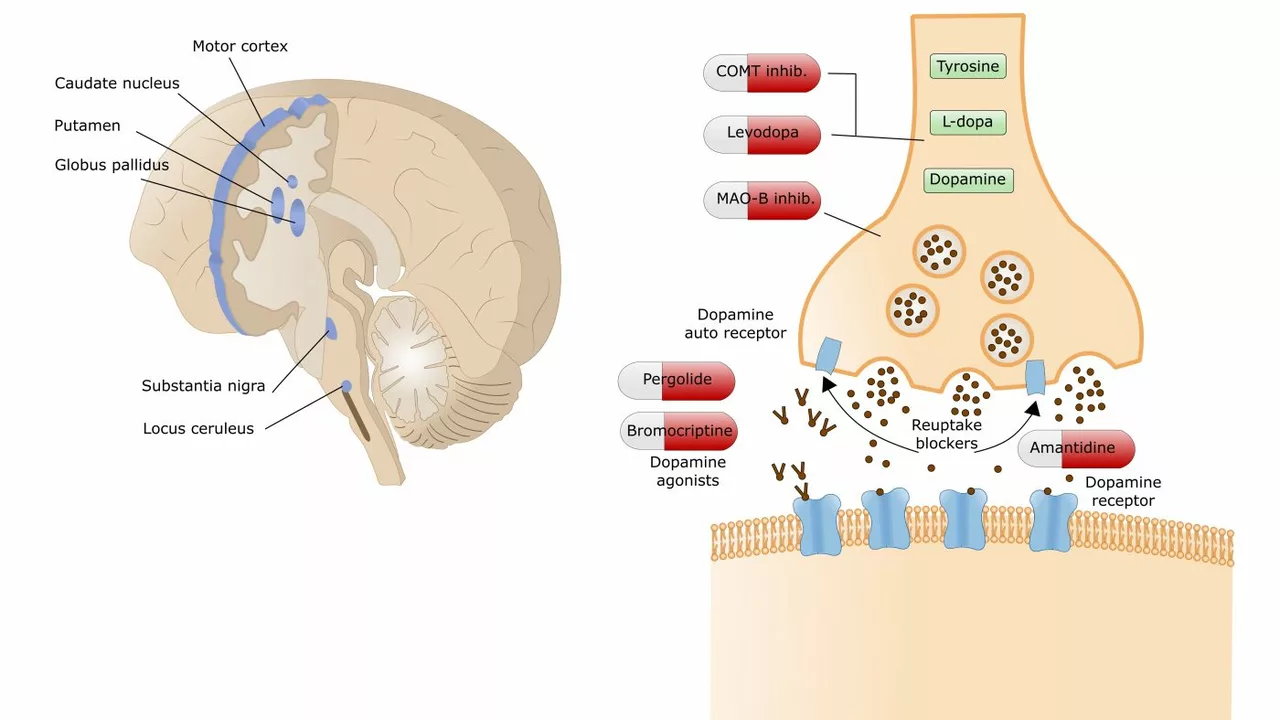Neurodegeneration: Practical guides on treatment, meds, and care
Neurodegeneration covers many problems: nerve pain, stroke risk, progressive brain diseases and the treatments that help. This tag page gathers short, useful guides you can read now — not long medical papers. You’ll find clear explanations of common meds, safe buying tips, and advice for people caring for someone with a neurological condition.
Featured articles you can use
Here are some posts that people find most helpful. Each one focuses on real choices and simple steps.
Neurontin Alternatives: 9 Options That Could Work Better for You — If gabapentin (Neurontin) isn’t helping or causes side effects, this piece lists other drugs and approaches for nerve pain, with pros and cons.
Plavix Uses, Side Effects, and Tips for Safe Blood Thinner Medication — Plavix (clopidogrel) is often used after strokes or heart events. Learn how it works, common risks, and how to stay safe on it.
Top 10 Alternatives to Valtrex for Treating Herpes and Viral Infections — Some viral infections can affect the nervous system. This guide compares antiviral options and when doctors might choose each one.
Famciclovir for Chickenpox: How Effective Is This Treatment Option? — The article explains when antiviral treatment may be useful and who benefits most.
Quick tips for patients and caregivers
Watch for warning signs: sudden weakness, slurred speech, severe confusion, or new imbalance. Those need urgent medical attention.
Keep a simple medication list. Note doses, why each drug was started, and side effects you notice. Share this with every clinician you see.
Ask targeted questions: "What outcome do we expect from this medicine?" and "What side effects should I report right away?" Those two questions save time and reduce risk.
Mild lifestyle steps help more than you might think: regular sleep, modest daily walking, balanced meals, and managing blood pressure. These actions lower stroke risk and support brain health.
If you’re a caregiver, set small routines: one easy medication chart, one scheduled refill reminder, and one weekly check-in about sleep and mood. Small systems cut stress fast.
Research keeps changing. New drugs and approaches appear every year, so check back for updates and ask your doctor about any promising treatment you read here.
If you want specific help, use the site search or our contact page to find articles or ask a question. We keep articles short, practical, and written for real life — not exams. If you’re worried about new symptoms, call your healthcare provider right away.

The Role of Calcitriol in Parkinson's Disease and Neurodegeneration
In my latest research, I've been exploring the role of Calcitriol in Parkinson's Disease and neurodegeneration. Calcitriol, the active form of Vitamin D, has been found to have neuroprotective effects, potentially slowing the progression of diseases like Parkinson's. Some studies suggest it could reduce inflammation and oxidative stress in the brain, which are linked to neurodegeneration. However, more research is needed to fully understand its impact. While it's not a cure, it's a promising avenue that could lead to better management of neurodegenerative conditions.
More Detail